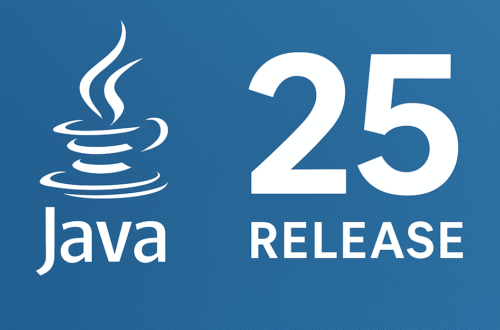FAQ Section
- Why is the
main()method public static void in Java? - Can we overload the
main()method in Java? - Can the
main()method be declared private, protected, or without any modifier? - Is it possible to declare the
main()method as non-static? - Can we change the return type of the
main()method? - Can the
main()method accept arguments other than String[]? - Can a Java program run without the
main()method? - Can the
main()method be declared final in Java?
1. Why is the main() method public static?
- Public → JVM needs to access it from outside the class.
- Static → JVM can call it without creating an object of the class.
public class Test {
public static void main(String[] args) {
System.out.println("Program starts here!");
}
}👉 If main() were not public, JVM would not be able to access it.
👉 If it were not static, JVM would need to instantiate the class before calling it, which may not be possible.
2. Can we overload the main() method in Java?
✅ Yes, you can overload main() with different parameter lists, but JVM always calls the standard one:
public class Test {
public static void main(String[] args) {
System.out.println("Main with String[] called");
main(10); // You can call overloaded versions manually
}
public static void main(int x) {
System.out.println("Overloaded main with int: " + x);
}
}Output :
Main with String[] called
Overloaded main with int: 103. Can we declare the main() method as private, protected, or with no access modifier?
❌ No. JVM requires main() to be public. If you try other access modifiers, you get a runtime error:
class Test {
private static void main(String[] args) {
System.out.println("Won’t run!");
}
}Output:
Error: Main method not found in class Test4. Can we declare the main() method as non-static?
❌ No. If main() is not static, JVM cannot call it without creating an object.
class Test {
public void main(String[] args) { // non-static
System.out.println("This won't run!");
}
}
Output:
Error: Main method is not static in class Test
5. Can we change the return type of the main() method?
❌ No, it must be void.
If you try to return something, JVM won’t recognize it as the entry point.
class Test {
public static int main(String[] args) {
return 0; // Invalid main()
}
}
Output:
Error: Main method must return a value of type void
6. Can the main() method take an argument other than String[]?
❌ No. JVM recognizes only String[] (or String... args using varargs).
Other parameter types won’t work.
class Test {
public static void main(int[] args) { // Invalid signature
System.out.println("Won’t run!");
}
}
Valid alternative:
public static void main(String... args) {
System.out.println("Valid with varargs");
}
7. Can we run a Java class without the main() method?
- In Java 7 and earlier, you could use a
static blockas an entry point. - From Java 8 onward, it is mandatory to have
main(); otherwise, JVM throws an error.
class Test {
static {
System.out.println("Static block executes");
System.exit(0); // Exit without main()
}
}
✅ Works in Java 6/7
❌ Throws error in Java 8+
8. Can we make the main() method final in Java?
✅ Yes, you can declare main() as final. It still runs normally because JVM only calls it, not overrides it.
class Test {
public final static void main(String[] args) {
System.out.println("Main declared as final");
}
}
Output:
Main declared as final
📌 Summary Table
| Question | Answer |
|---|---|
Why public static? | JVM needs external access, static avoids object creation |
| Overload main()? | Yes, but JVM calls only main(String[] args) |
| Private/protected main()? | No, runtime error |
| Non-static main()? | No, JVM won’t run it |
| Change return type? | No, must be void |
Other args than String[]? | No, only String[] or String... |
| Run without main()? | Possible in Java 7 or earlier using static block, not in Java 8+ |
| Final main()? | Yes, works fine |
